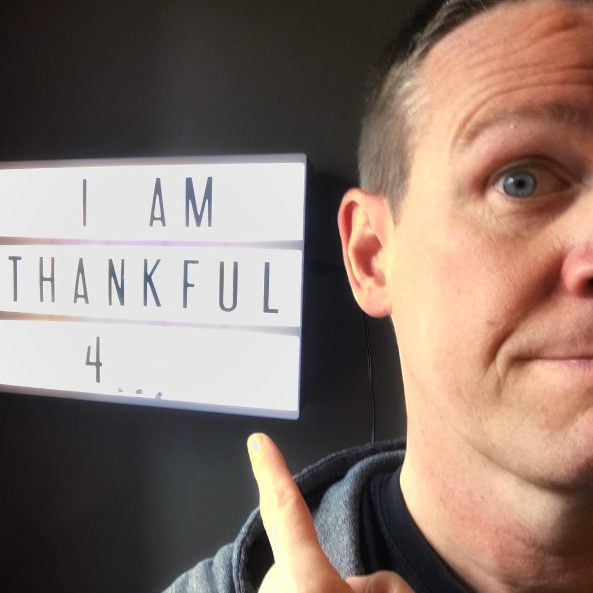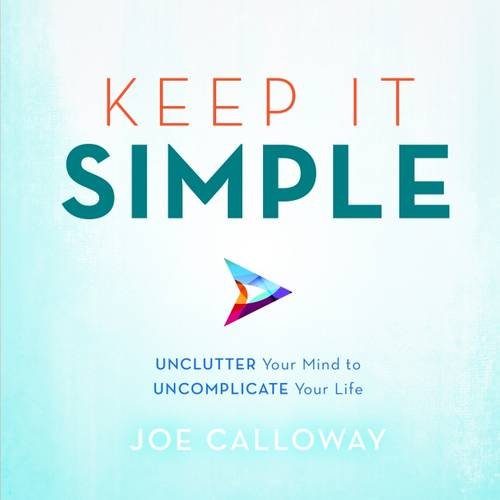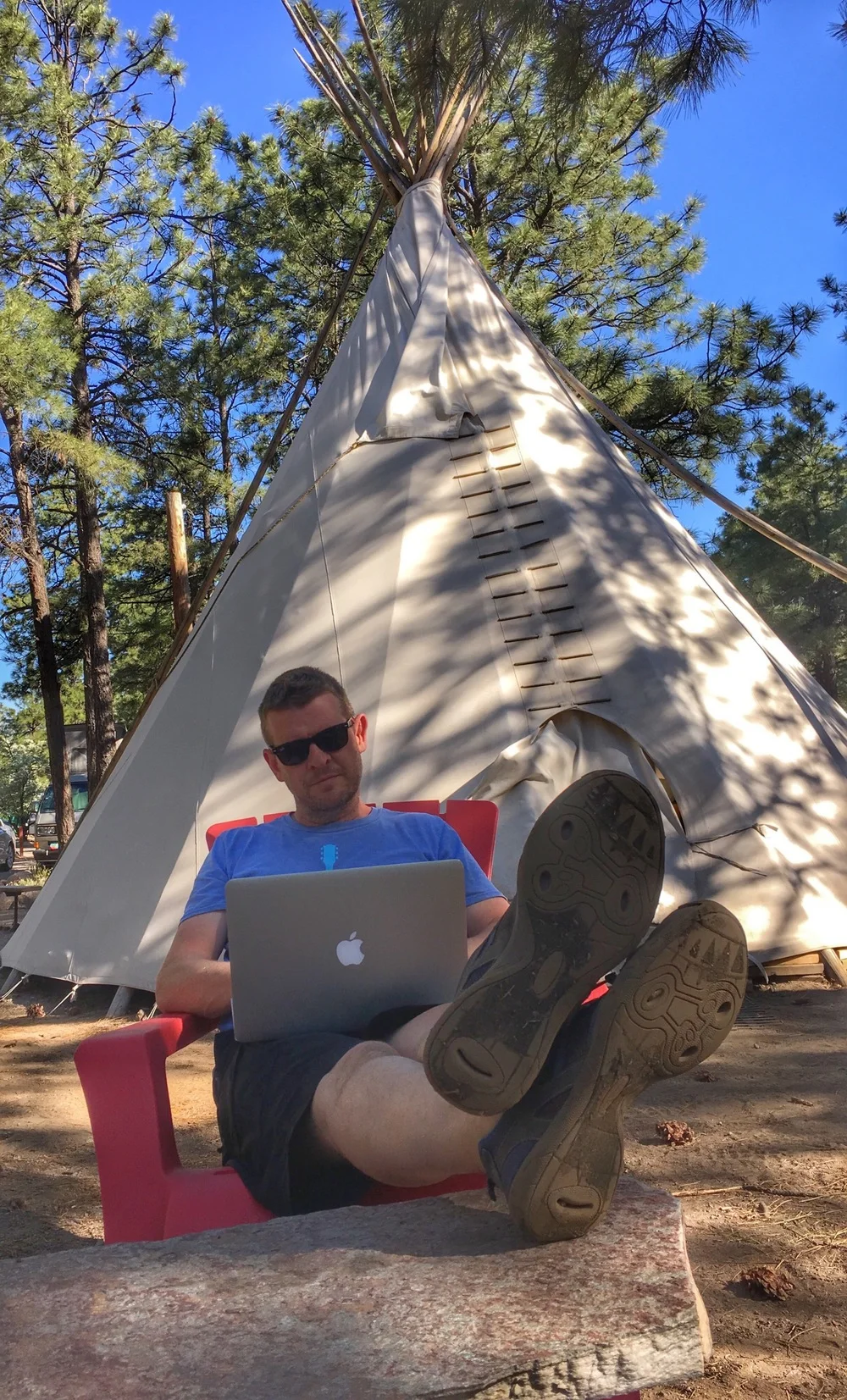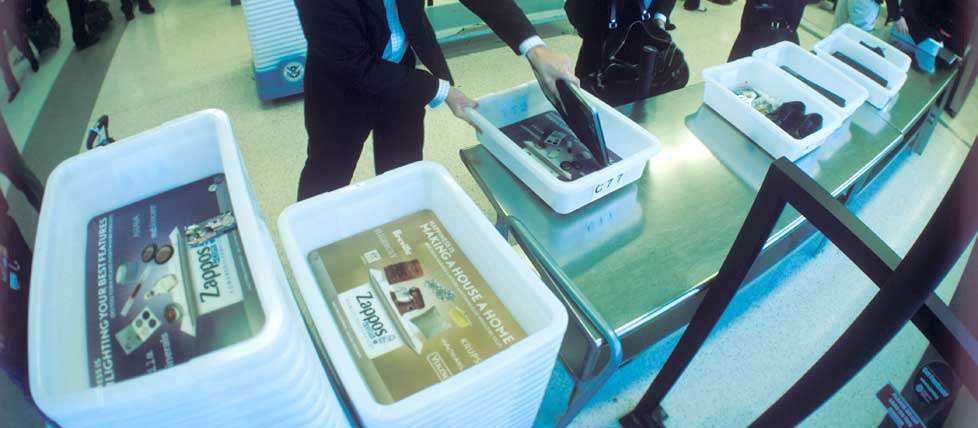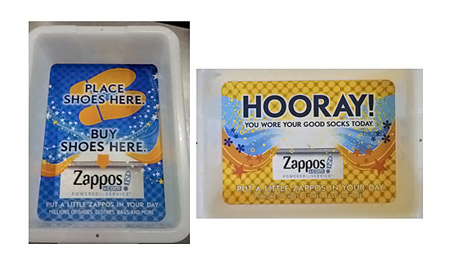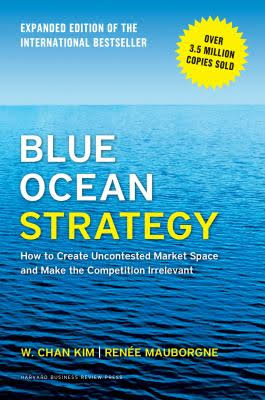I've written here before about the importance of transcribing the wisdom you consume. This is one of those blog posts. Chris Brogan is a prolific writer and thinker. His podcast, The Owner's Mind, is a mix of interviews and smart rambles. I love both formats.
Chris recently released an episode where he spent time riffing on failure and success. He dropped so many pearls of wisdom that I had to keep stopping my walk with Max to take notes. Here's what I learned.
"Your excuses will never be as interesting as the story of how you got things done."
One of the keys to success in business and in life is to start, start, and start again. When we start new projects we learn from the experiences. That knowledge brings us closer to success, so we must move forward and stop making excuses why we don't. As Chris said, "Your excuses will never be as interesting as the story of how you got things done." I love that!
Your persistence and promises will lead you to success. You need to focus on the promises that you make to yourself and to others. Have the strength to keep starting, but don't confuse being busy with progress.
If you want to succeed you have to have successes. Starting can be fun, but we often don't love the follow through. If you are always starting something you are never finishing. The key is to make smaller goals and simpler wins. Feel that success and keeping pushing forward.
Be sure to subscribe to Chris' killer email newsletter for more of his wisdom.
What small wins can you achieve today? I just wrote a blog post. How about you?




